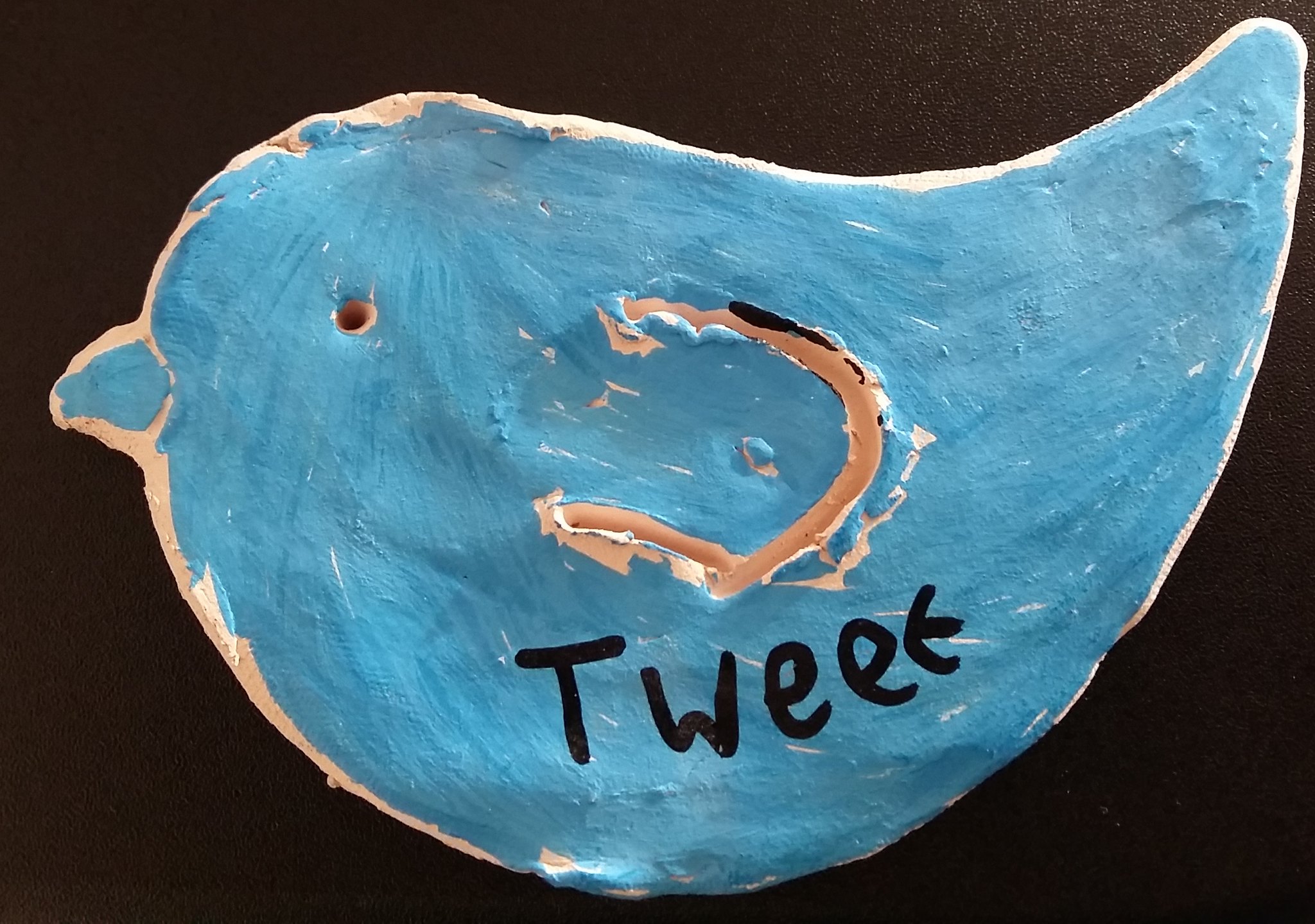This week I was contacted by an academic development colleague at University of St Andrews. He had stumbled across #LivUniSocial hashtag for our round table meetings and he wanted to know more about it. After speaking to him on the phone I thought it might be useful to summarise how the meetings are run, who turns up and the types of topics covered. Who knows, maybe it will inspire you to consider setting up your own!
What is a Social Media Round Table?
At the University of Liverpool, it is a bi-monthly meeting for academic and professional services staff (students also welcome!) that are interested in using social media to support and enhance the student journey in all its forms. The meetings offer a space in the University for Attendees to learn about examples of good practice from across the University, share practical tips and advice, as well as exploring new tools and approaches. At that time, there was little support or guidance for staff interested in exploring using social media, even though the institution has a large number of active tweeters, as well as an inspirational and very popular library account. When did it start? The first #LivUniSocial meeting took place in the lovely Central Teaching Lab last May. Eric Stoller and University of Glasgow marketing team were the direct inspiration for setting up the meetings. Eric has been very influential in my thinking about the use of social media in higher education over the years and regularly shares good practice and commentary. He tweeted out this link to the University of Glasgow social media blog. This got me thinking that we could try this out at Liverpool.
I like the idea of a social media round table. I wonder who would like to try this out? @LivUniLibrary @tundeva @LibraryEmma @hlnvghn https://t.co/kWUeL1lZit— Alex Spiers (@alexgspiers) March 7, 2017
How does it work?
The first ingredient is Tunnocks Tea Cakes. These are not essential to the success of the event, but they will not do any harm! The meeting is facilitated by myself and always start with introductions from the attendees, who provide a short summary of why they are here and what they hope to get out of attending. This is an important part of the meeting as people come from a wide range of departments across this large institution. It also allows me to signpost them to individuals or practice local to them they may not have encountered before.
Next we will have a loose schedule of topics to talk about. Social Media changes very regularly and has become very topical of late, so we can respond to current developments in specific platforms quite easily. For example, Facebook has attracted a lot of attention in the media, so this was used as a focus for discussion about digital literacy and the use of personal data.
Todays #livunisocial event will discuss the recent controversies surrounding Facebook. Do you use FB with your students? Have you deleted your FB account? Are you sticking with it? Use the hashtag to share your thoughts. #DeleteFacebook #altc #edtech #lthechat pic.twitter.com/1oVaxkfxX8— Alex Spiers (@alexgspiers) April 3, 2018
Previously we have discussed Twitter’s increase of the character limit from 140 to 280 and the effects it may have for users of the platform. Would people still be willing to use it? If not what else is out there? This naturally led onto discussions about Mastodon and Ello as possible replacements.
Even though I am facilitating the meetings, this is no one man show. I’m fortunate to have staff that are very experienced in using social media attend most events. I tend to rely on their knowledge to answer and address certain issues that arise. For example, one topic that comes up regularly from beginners is planning and scheduling social posts. Library and museum staff offer their take on this important aspect of the practice, sharing insights into how they engage with their audience.
The round table also provides the institution with the opportunity to listen to its employees and provide guidance. At every meeting we make sure attendees know what the institutional expectations are in using social media, signposting them to the university social media policies. We were fortunate to have participation from our marketing department early on. So when university wanted to revise social media policy it was natural for the Deputy Director of communications to consult with the round table and tap into their expertise.
What are the benefits?
There are many benefits for learning technologist or academic developers in setting up a social media round table. As I said before, the meeting provides an opportunity for people from a range of different disciplines and job roles to discuss and learn from each other. Building a community of social media practitioners that have met each other face to face is also beneficial. Especially when enlisting university accounts to help promote you research events! From a selfish point of view it provides me (learning technologist) the opportunity to connect beyond the limitations of my department and be an advocate for the services we provide the university, as well as promoting the good work of the Centre for Innovation in Education. Could eating chocolate biscuits be considered a benefit?
How can I get involved?
Work at University of Liverpool then please contact cie@liverpool.ac.uk or tweet us at @LivUniCIE
Work elsewhere, why not consider setting up your own roundtable? Otherwise you can keep up with the discussion by following #livunisocial
Ben McGrae wrote a blog post about the first social media round table at Liverpool.

It is very important to develop the custom marketing strategies in the online world so that it becomes easy to gain all of your marketing goals. I am so pleased that the pay per click and facebook ads services are helping us to gain huge traffic. The best thing is that their services are very affordable too.
ReplyDelete